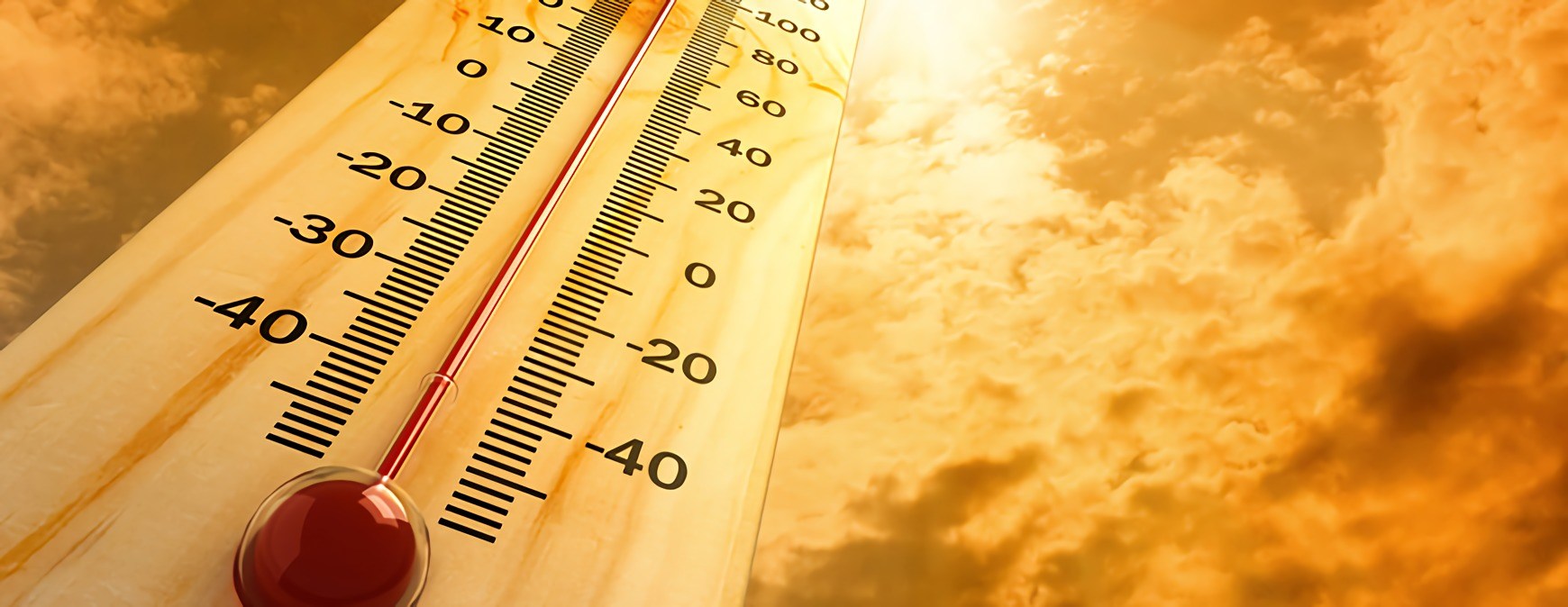
HVAC technicians are frequently called on to fix or install HVAC equipment in the summer heat. It’s important to stay safe when working in soaring temperatures, which could put outdoor workers at risk of dehydration, heat stroke and other problems. While employers are responsible to a certain degree to keep HVAC workers safe from the extreme heat, 1 there are also things that HVAC technicians can do on their own to work safely outside without putting their health at risk.
Know Your Limits and the Risks
How much heat you can handle depends on your weight, how much physical activity is required to complete a job, and humidity levels. Generally speaking, a person can work comfortably in 73o F heat with 45% humidity; however, labor-intensive work can cause the safe temperature limit to drop down to 550F. 2 If you’ve just graduated from an HVAC program, you should be familiar with HVAC safety practices, but it’s always good to receive some reminders.
Health problems that can occur when working in overly hot temperatures for an extended period of time include:
- Dehydration
- Heat rash
- Heat cramps
- Exhaustion
- Fainting
- Heat stroke
Get Started on the Path to a New Career
Fill out our form to learn how we can help you change your life.
How to Protect Yourself
Working in extreme heat may sometimes be unavoidable, so it’s essential that you know how to avoid heat-related health complications. Simple measures go a long way toward protecting yourself.

1. Stay Hydrated
Drink water every fifteen minutes, even if you don’t feel thirsty. Avoid dehydrating drinks such as coffee and alcoholic beverages while you work outside. 3

2. Take Frequent Breaks
Stop frequently to rest in the shade or in an indoor, air-conditioned environment. This is particularly important to do when wearing protective equipment and/or working with heavy tools and equipment.

3. Dress Right
Wear a hat and light-colored clothing while on the job. A hat will protect your head from direct sunlight while light-colored clothing will prevent heat transfer to your skin. Also, make sure clothing is lightweight and loose to help your skin evaporate sweat. 4

4. Keep an Eye on Fellow Workers
Keep an eye on the people working with you to make sure they are not at risk of heat-related complications. Following are some signs you will want to watch out for:
Weakness | Cramps | Dizziness | Rapid heart beat | Nausea
If one of your fellow workers becomes ill, call a supervisor or phone 911 directly.
Stay Safe
Working outdoors in hot temperatures may be necessary if you specialize in installing, repairing and/or maintaining HVAC units. Following these tips will help you and your colleagues stay safe, healthy and in good spirits as you work to keep temperatures cool for those in your community.
Additional Sources
1 – https://www.osha.gov/SLTC/heatillness/index.html
2 – https://consumer.healthday.com/encyclopedia/work-and-health-41/occupational-health-news-507/working-in-extreme-heat-646988.html
3 – http://www.cdc.gov/niosh/topics/heatstress/recommendations.html
4 – http://www.npr.org/2012/07/25/157302810/summer-science-clothes-keep-you-cool-more-or-less
This blog has been labeled as archived as it may no longer contain the most up-to-date data. For a list of all current blog posts, please visit our blog homepage at https://www.rsi.edu/blog/

